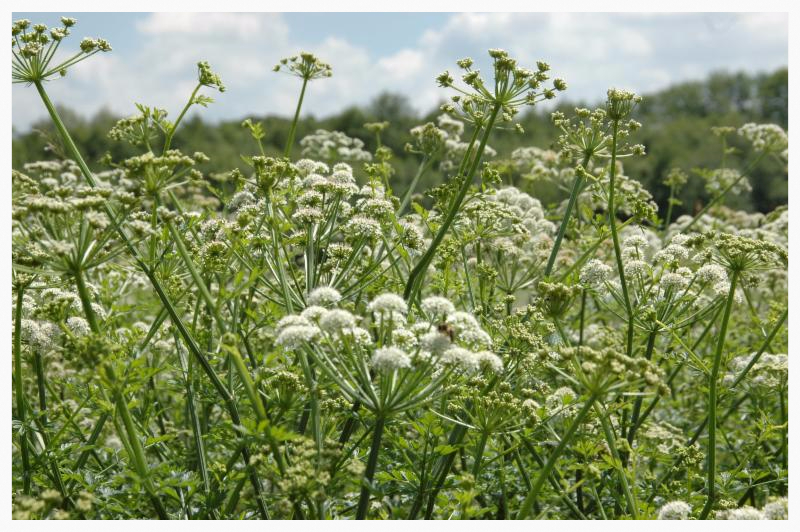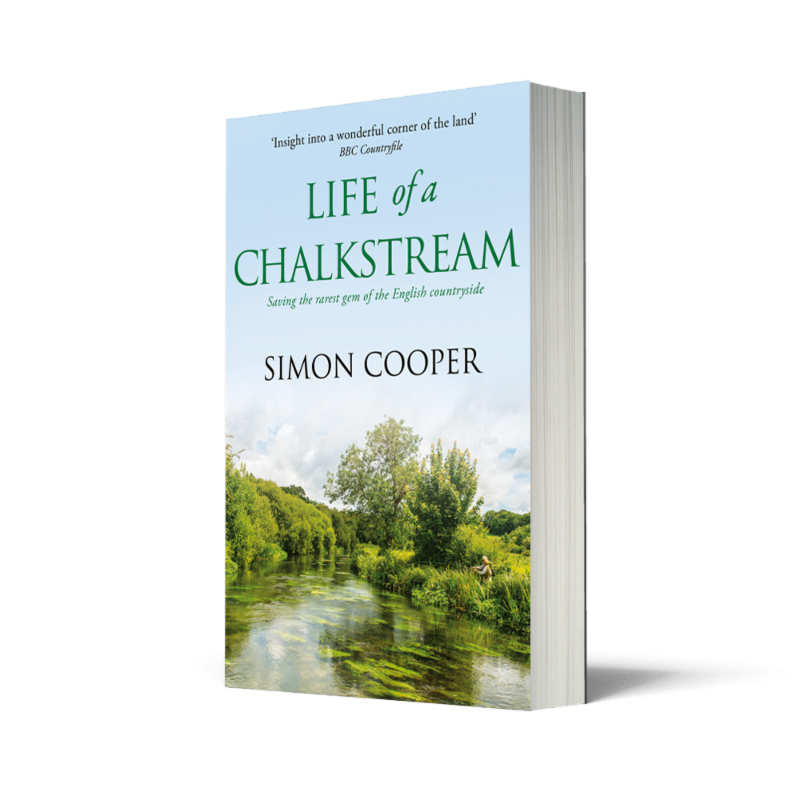|
A victory for Marxism?
As far as I know Karl Marx was never a fly fisherman. I say this with a fair degree of certainty, having by mischance spent three years studying a politics degree at a university that seemed intent to teaching us little else other than his doctrine. I am pretty convinced I never saw Marxism mentioned in the University of East Anglia prospectus, but once I arrived it was clear that, at least when they were not striking, the lecturers were intent on teaching us little else.
 In all those years spent ploughing through such exciting tomes as The Communist Manifesto, Theories of Surplus Value and Capital (various volumes) I'm pretty sure that as someone who skipped lectures in favour of Norfolk's finest chalkstreams I would have noticed something. But I didn't. So it came as something of a surprise to see a fishing quote attributed to him that reads: In all those years spent ploughing through such exciting tomes as The Communist Manifesto, Theories of Surplus Value and Capital (various volumes) I'm pretty sure that as someone who skipped lectures in favour of Norfolk's finest chalkstreams I would have noticed something. But I didn't. So it came as something of a surprise to see a fishing quote attributed to him that reads:
Catch a man a fish and you can sell it to him. Teach a man to fish and you ruin a wonderful business opportunity.
I was reminded of this as twelve prep school boys and girls from Prince's Mead School near Winchester bundled out of the mini bus last month for the first of four Saturday's here at Nether Wallop Mill to be taught to fly fish. I must admit as the phalanx advanced towards me, pointing excitedly at the fish in our lake, I did rather wonder what I had let myself and fellow instructor Alan Middleton in for. What was it Wellington said to his troops as he addressed the massed ranks on the eve of Waterloo? "You might not scare Napoleon, but you scare the hell out of me." I sort know how he felt.
 As it turns out my fears were entirely unfounded. Over the four mornings that we took them through with casting, tackle, entomology and naturally enough, catching fish they all proved to be willing and enthusiastic about absolutely everything there was to know about fly fishing. As it turns out my fears were entirely unfounded. Over the four mornings that we took them through with casting, tackle, entomology and naturally enough, catching fish they all proved to be willing and enthusiastic about absolutely everything there was to know about fly fishing.
Unencumbered with preconceptions or bad habits, children are fast learners. Funnily enough I have a feeling that though the catching (and gutting) of the fish drew the greatest screams of delight (and disgust) I suspect it will be Alan's masterful entomology morning that will stay with them for the longest, as he made the connection between the unseen world of the chalkstream and how trout live their lives.
So, as we bundled them back on the minibus for the last time, I pondered on the words of Marx. Sorry Karl, this time I think you are wrong.

My thanks for to Princes Mead headmistress for Penn Kirk for all her help and the various parents for the permission to use the photos, plus Bob Preston who helped out on the final day.
Hatch of the Month
Tricky to pick out one hatch for July as the river will be abuzz with a great variety this month: olives, sedges, caenis plus all the terrestrials like ants and daddy long legs will all be seen at some time of other.
I must admit to having never been very successful with ants or caenis. Ants just don't do it for me very often and caenis,rightly nicknamed the anglers curse on the grounds of being so small, I avoid for that reason - I hate a dry fly I can't really see which leads to a fly that you can almost see with your eyes closed - the sedge.
There are over thirty caddis species that are commonly found on the chalkstreams so rather than trying to match the hatch I'd recommend fishing a sedge you have confidence in. My particular favourite in the Elk Hair Caddis, but the Cinnamon Sedge or Goddard's Sedge are probably the two most commonly used.
Let's face it there are not many flies you can whack down on the water with gay abandon, confident that the trout will launch itself at it. Sedges are the clumsiest insects on the river, so don't worry overly about presentation and enjoy the spectacle.
Cow Parsley: the July fly catcher
I have a mixed relationship with cow parsley. On the one hand it reminds of my childhood as it always bedecked then, as it does now, every lane and bye way. The tall stems with bright white flower heads that appear in June festoon the verges, telling you that summer has finally arrived.

On the other hand by July they are the fisherman's bane. As the blooms die so does the entire plant, the 3-4ft high hollow stems snapping to fall in the river, those bright white heads now brown seed pods. As fly catchers they have no equal. Get your fly caught and give up all hope of flicking it deftly off. At best the fly with have pricked into one of the hollow stems. At worst your tippet with have furled around the seed pods and stems, a sticky residue making untangling difficult and unpleasant.
Anthriscus sylvestris or wild chervil is really more beautiful, as least for a while, than it is useful. Not many flies that interest the fishermen call it home and though it is rumoured to be a natural mosquito repellent when applied directly to the skin go carefully. Its big cousin giant hogweed can cause severe burns after coming in contact with the skin.
June feedback draw winner
Again I am still behind on replies ...... believe me I am doing my best! I will get through them so please don't be discouraged if I haven't replied. I read them all as they come in. It is just that typing replies takes a while longer and I am sure you don't want a template as a thank you. 
The June winner is Simon Hunt who fished Compton Chamberlayne on the River Nadder. Simon, you have a choice: a signed copy of Life of a Chalkstream in paperback or a Union fly box. I will not be offended if you choose the latter. The end of season draw is for a wonderful Hardy Cascapedia reel.
Quiz
A trio of questions to either confound you or confirm your brilliance. Answers as the bottom of the Newsletter. It is just for fun!
1) In what sport would you score by throwing a ringer?
2) Which country recently won the rights to stage the sailing Americas Cup in 2017?
3) Which root vegetable is cow parsley related to?
Have a good weekend.
Best wishes,
    
Simon Cooper simon@fishingbreaks.co.uk
Founder & Managing Director
Quiz answers: 1) Horseshoes 2) Bermuda 3) Carrot
|